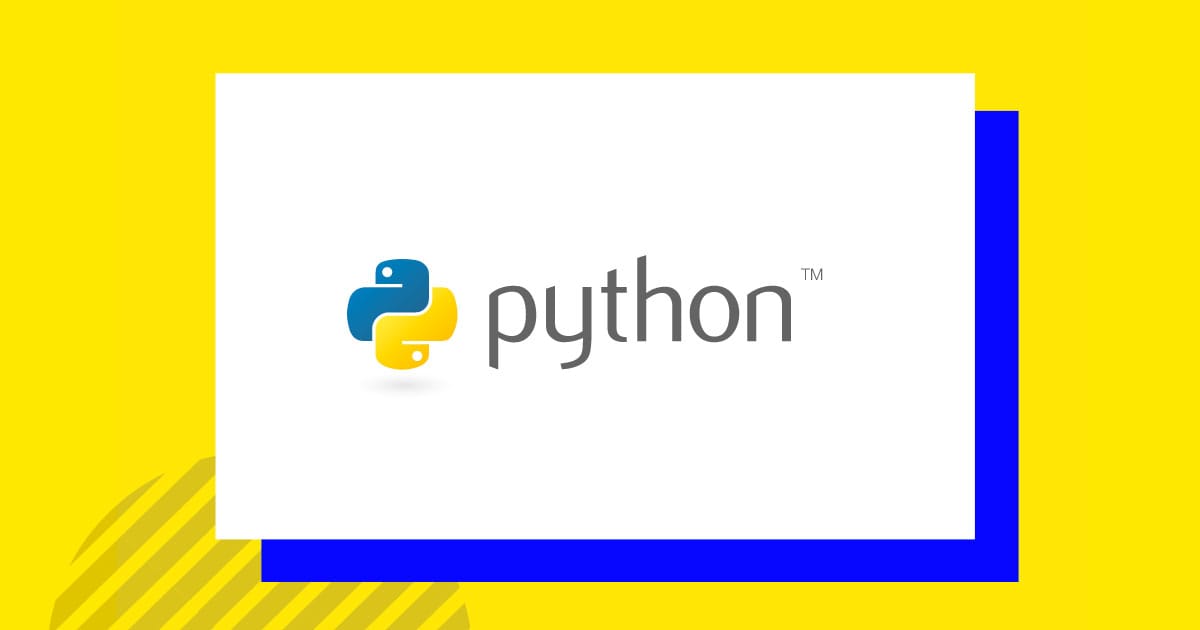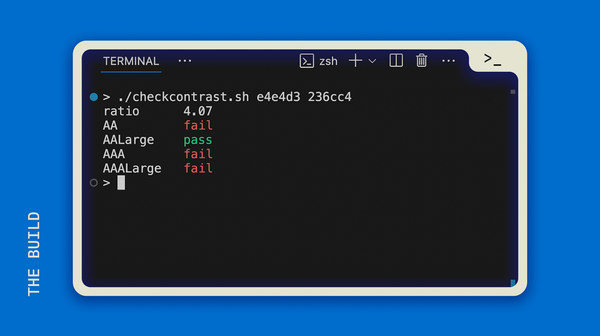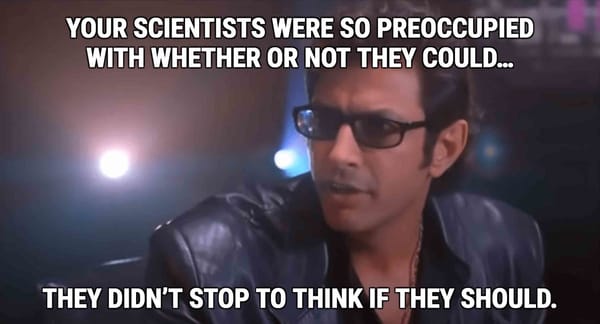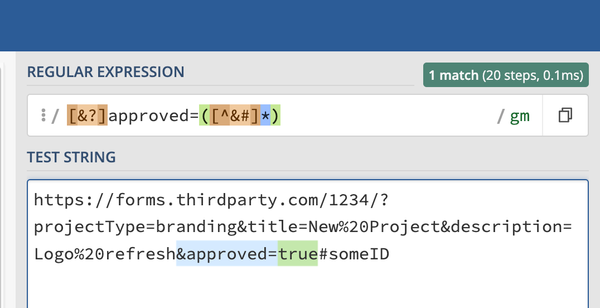Why should I learn python if I’m not going to be a developer?

It’s a fair question.
Look, I graduated with a BFA in Graphic Design, and I was so excited to start my career in design. Problem was, I have never been hired for my skills in design. Much to my chagrin, I ended up in the dev space—but that’s just background so you know I never intended to become a developer. And to be even more clear, I don’t think the answer to everyone’s problems is to become a developer.
However, I do think I can make a good case for learning python for your non-dev position at work.
QA Automation
This is how I got started with python. I was tired of checking my work all the time, going through the same repetitive checks and wearing myself out as the pressure of my 100% perfect quality score loomed over my head as time passed. I had heard about a coworker on the QA team who was making scripts to check work automatically, instead of by his own manual efforts.
This sparked an insatiable hunger in me. I wanted to know how he was doing that, and I wanted my own “scripts,” whatever those were. I heard—via uncontrollable eavesdropping—that he started by reading the book, “Automate the Boring Stuff.” I scrambled to a browser and Google revealed that the whole book was available online for free. Thank you, Al Sweigart!
Once I got a few concepts in python down, I started writing my own little scripts—python files that do something—and the magic really happened.
I didn’t have to rely solely upon my easily fatigued eyes and brain anymore. I could have the computer help me do my job.
If you do anything on the computer, there’s a good chance you want to check your work in some way. Therefore, there’s a good chance that having your own collection of python scripts could help you improve the quality of your work, catch errors, help you complete repetitive tasks, and just about whatever else you can imagine.
Watching or Wrangling the Web
Web scraping is a term you’ll see as you get in deeper with python, but it just means being able to grab information from a webpage. Why does that matter? What if you wanted to watch the Udemy site for their newest discount on courses? What if you wanted to look through Amazon for a certain product and then do a quick price comparison automatically? What if you wanted to check if any web domains in your brainstorming list were available to purchase?
All of those tasks require the ability to go to a webpage, get some information and then do something with it. It’s also a really cool way to start automating.
Web scraping also has benefits for more complicated tasks, like filling out forms. I have gone through three major website migrations at various companies, and the ability to capture content from the old site and automatically pass it to the new site has been a life-saver and a game-changer.
If you find yourself filling out lots of forms online—especially ones that can’t be Google auto-filled with contact info, there may well be a gold mine of opportunities to automate your task and let the computer do the heavy-lifting.
Making the Case
The best way to truly understand why you should learn python even with no desire to work in development or programming, is to get that first taste of freedom when the computer does something for you that you used to do manually. There's nothing sweeter in the business-world.
Try out a few tips you find here or on the Not Defined Tech YouTube channel (coming soon). Tell me on Instagram what you want the computer to do for you: @NotDefinedTech





